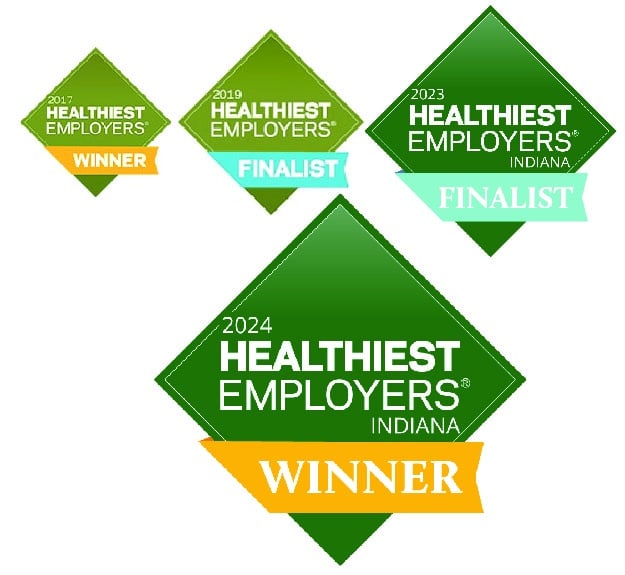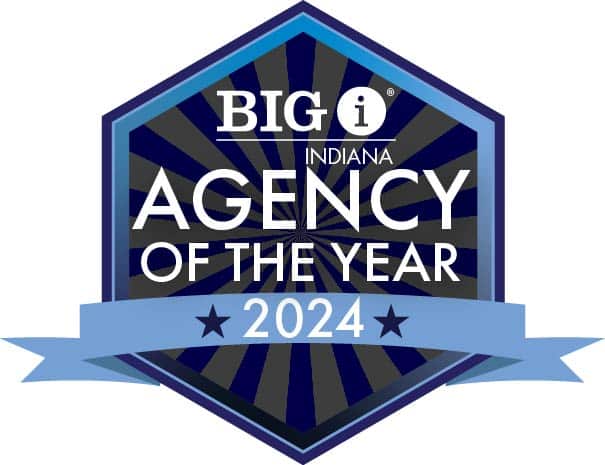Health Care Predictions for 2020
BY BEN CONNER

Health care seems to grow more complicated each and every year. If you don’t look ahead at what’s coming, you may be blindsided by new developments. Now that 2019 is winding down, we’re looking ahead to the new year—and the changes you should be ready for.
Here’s the good news: Health care trends are pointing in favor of employers and employees alike. Recent developments suggest the industry may place a renewed focus on the patient ahead of profits.
Our health care predictions for 2020:
1. Employers will continue to push for innovation to cut costs.
Because health benefits regularly see annual price increases of 10%, employers will push providers for creative ways to halt price hikes. Employers will expect their partners to scrutinize expenditures to identify medical and pharmaceutical savings opportunities. In the process, employers will demand greater transparency so they understand exactly what they’re paying for.
2. Employers will leverage their benefits for employee retention and talent acquisition.
With unemployment at its lowest rate in 20 years, businesses will need to find new ways to stand out to current employees and potential hires. Research has proven that employees want more than money, so companies will rely on their benefits packages to entice talent. Companies will need to put themselves in their employees’ shoes to understand how to create meaningful value in their benefits offerings.
3. Hospitals and insurance companies won’t increase transparency without a fight.
President Trump’s called for hospitals and insurance companies to provide greater transparency into their pricing so that consumers can make informed purchasing decisions. Hospitals and insurance providers quickly promised to sue, saying the President doesn’t have the authority to alter their business practices. Expect to see this fight drag through 2020 and beyond.
4. Direct primary care will continue to grow in popularity.
Direct primary care empowers employees to access doctor appointments on-demand and over the phone. The concept will become more prevalent in 2020, especially as employees search for new ways to simplify health care access and improve quality of service.
5. The election will drive deeper conversations around health care.
So far, the political conversation around health care has fallen into three major camps:
- President Trump wants to resolve issues in the hospital and pharmaceutical industries. As we mentioned above, the White House is pushing to wrangle health care spend by regulating the hospitals and pharmaceutical companies.
- Select Democrats are pushing for Medicare for all, though some will accept expanded Medicare coverage that serves a larger number of people.
- Candidate Joe Biden and his supporters want to expand and perfect Obamacare.
Expect the conversation around health care to intensify as we move closer to November. As the year progresses, we should learn many more specifics on what each politician wants to see for the industry.
Change is coming for health benefits, and we are optimistic about what lies ahead. As employers make greater demands and the government puts more pressure on hospitals and insurance companies, employees will have an easier time accessing better care at lower prices.












